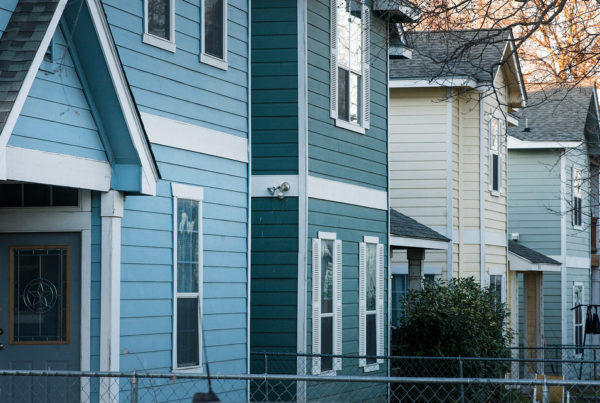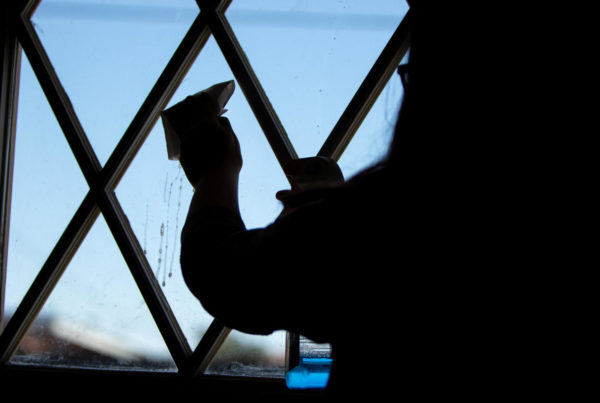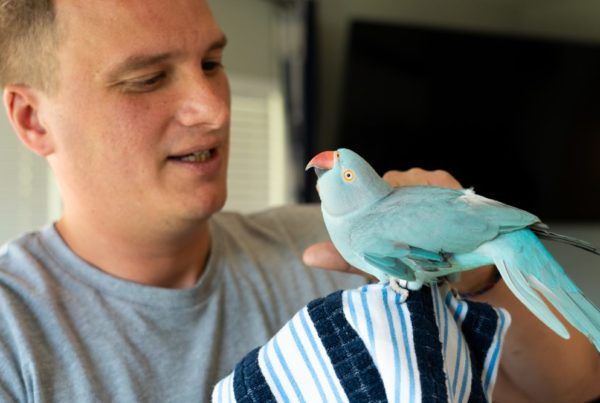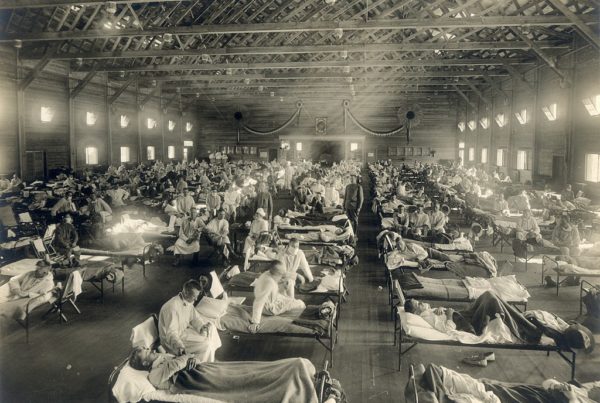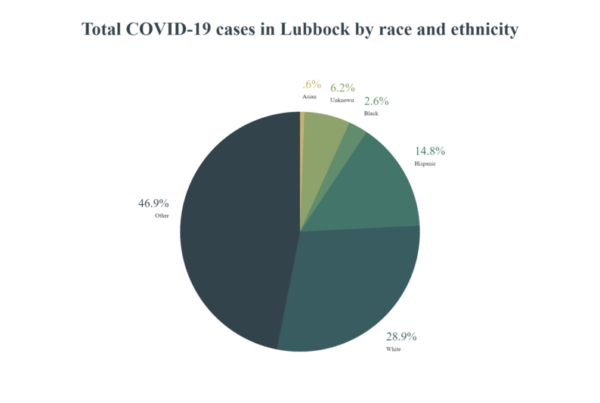After one year, the death toll from COVID-19 in Texas has passed 46,000 people. And the numbers keep rising. But can anyone put a price tag on people, one of the state’s most valuable resources?
Economists and government agencies have tried to do just that by by assigning a dollar value to every life. In an interview with NPR’s Planet Money, University of Michigan economist Betsy Stevenson said each statistical life is currently valued at $10 million, regardless of a person’s age.
“It’s the same number whether you are 2 or 42 or 82” Stevenson said.
With at least 46,000 Texans dead so far, the state has lost the equivalent of more than $460 billion. That’s the equivalent of Argentina’s or Austria’s entire GDP.
But the loss of people has to be measured differently.
Texas historian T. Lindsay Baker says that in the 19th and early 20th centuries, it wasn’t unheard of to lose an entire town, mostly due to the arrival of railroads.
Baker said the arrival of a railway guaranteed the success of a town if a station was placed nearby, “or, if it bypassed [your town], it guaranteed the death of a town.”
If we measured the state’s losses this way, it is as though Texas has lost the entire population of places the size of Burleson, or even beyond the entire populations of Huntsville or Weslaco, in one year.
And, as we keep counting the numbers, how do we measure the loss? How do we measure the pain?
Hospitals use a scale of 1-to-10, with 10 being the worst pain a person has ever felt. Even that scale may be inadequate during this pandemic.
Sometimes, the arts help.
Tomás Q. Morín teaches creative writing at Rice University and is the author of the upcoming memoir “Let Me Count the Ways”.
The book is about his experience growing up the child of a man who struggled with heroin addiction. For him, counting became a coping mechanism, something that helped ground him, “because what I’m counting is not what I’ve lost but I’m counting what I still have” Morín said.
The poet still has his mother, his partner and their children, even though he’s lost loved ones during this pandemic.
In his latest poem called “Vallejo,” he writes to his two-year-old son, asking him to fly away in the flying saucer of his bah, bah, black sheep.
Morín tells his young boy to fly away with his sister because this planet is sad and, to do it counterclockwise. He said “because the future waits in that direction. You’ll like it there. It’s safe enough that a dish can still run away with a spoon.”
And so, the void left by more than 46,000 Texans may never heal. But perhaps, many of us, will learn to love those we still have, in countless new ways.




